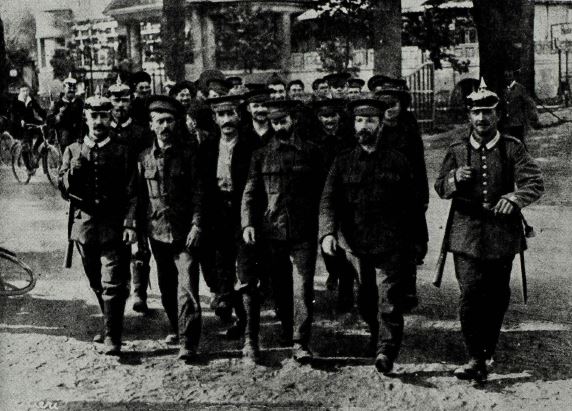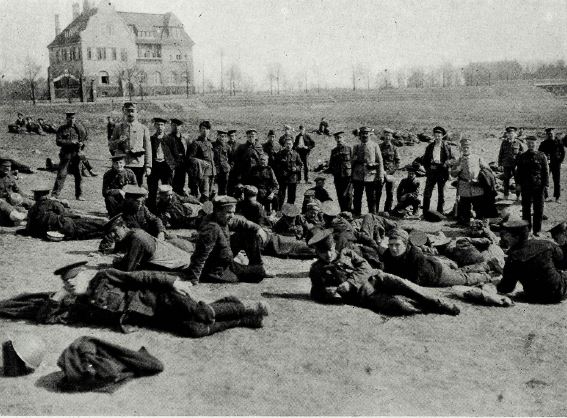
http://www.thetimes.co.uk/past-six-days/2017-01-28/register/famine-with-plenty-in-russia-kmphx76xk
january 28, 1917
Famine with plenty in Russia
Russia is experiencing famine in the midst of plenty. The scarcity of food is the one thing talked of throughout the land. Last summer the poorer people took up their positions outside the Petrograd municipal meat shops at 10 o’clock in the evening. The sun had hardly set over the Elagin Island, where fashion and wealth enjoyed their ease and the wonders of the white nights, before the poor, basket in hand, began their weary vigil. Some waited 10 and 12 hours for a morsel of meat. Since then we have seen queues become the rule — for meat, for bread, for milk, for vegetables, for sugar, people wait in long “tails”. Rich and poor participate, the latter in person, the former by proxy through their servants. With the thermometer sometimes at 20 below zero Fahrenheit, people have to wait hours outside each shop to get daily necessities. The writer of this article saw a “tail” of more than 1,200 people outside the cooperative shop for railway employees at Kosloff waiting for white flour. Kosloff had then been without flour for 10 days, though half a dozen of the largest flour-mills in Russia are within a 250-mile radius of the town.
Probably there is sufficient food in the country to feed the population for the next two years. The problem to solve is how to distribute it. The Department of Provisions has borne the burden of supplying the Armies in the field since July, 1915. As time went on the deficiency in provisioning the civil population increased. The Ministry of Trade and Industry considered the question and appointed committees, but there the matter rested. Now its efforts have completely ceased.
Throughout the war the railways have supplied the Army with all that is needed or was available. This shows some organization; but it was done at the expense of starving traffic to the capitals and large provincial towns. With thorough, or even partially, efficient organization the great towns and manufacturing centres could have been supplied with all necessities in sufficient quantities if ordinary care had been taken in the use of goods trucks. Organization and co-ordination are, however, essential if Russia is to cope with her food problem; and it is for this reason that the absence of a strong, capable, and united Ministry has been felt during the past year.













